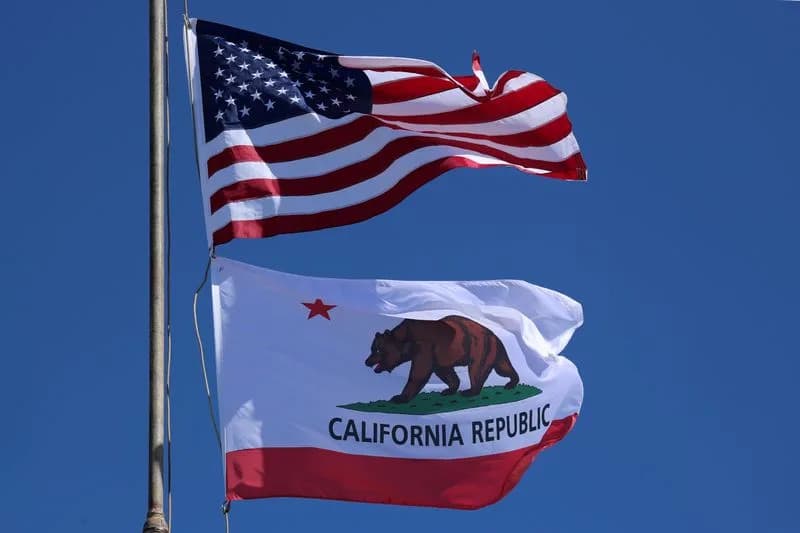Rep. Byron Donalds is urging federal action after a two-day enforcement operation in Oklahoma led to 70 arrests, including 34 people alleged to have been operating commercial trucks unlawfully. Donalds sponsored the WEIGH Act, which would expand Department of Transportation checks at weigh stations and allow the Treasury to withhold federal transportation funds from noncompliant states. Officials reported that 26 drivers held CDLs from certain jurisdictions and said similar highway-safety operations could be expanded nationwide.
Rep. Byron Donalds Urges Federal Crackdown After Arrests of Undocumented Truck Drivers

Florida Representative Byron Donalds is calling for federal action after a recent two-day enforcement operation in Oklahoma led to the arrest of 70 undocumented immigrants, including 34 people alleged to have been operating commercial trucks while unlawfully present in the United States.
Donalds said the arrests highlight a growing public-safety concern: individuals without legal status obtaining commercial driver's licenses (CDLs) in certain states and then operating large, heavy trucks on U.S. highways. He argued this practice increases risks to other motorists and pointed to the size and potential danger of 80,000-pound tractor-trailers driven without adequate language or regulatory knowledge.
Proposed legislation: the WEIGH Act
Donalds is sponsoring the WEIGH Act, legislation designed to give federal agencies new tools to address the issue. Under the proposal, the Department of Transportation would have expanded authority to verify eligibility for CDLs and to conduct immigration and English-proficiency checks at weigh stations. The bill would also allow the Department of the Treasury to withhold federal transportation funds from states that issue CDLs to people who lack legal status.
Donalds said these measures would pressure states to revise policies that he says allow undocumented immigrants to obtain commercial licenses and, in doing so, improve highway safety.
Operation details and government response
The enforcement sweep, conducted under Oklahoma's 287(g) partnership with federal immigration authorities, resulted in 70 arrests; officials reported that 26 of the drivers held CDLs issued by states described as sanctuary jurisdictions, while eight others had no commercial license. Authorities noted some detainees were operating heavy tractor-trailers and that, in some cases, the individuals had limited English proficiency.
Oklahoma's governor praised the operation and said the state will continue enforcing standards that require legal status and adequate language skills for commercial drivers. Federal officials indicated plans to expand similar operations in other states as part of an ongoing effort focused on highway safety and coordination with state and local partners.
Officials also referenced a prior enforcement sweep in September that resulted in 120 arrests, including dozens of commercial drivers alleged to have criminal records ranging from driving under the influence to more serious offenses.
Reactions and wider debate
Supporters of stricter federal oversight say withholding funds and strengthening verification at weigh stations will curb unsafe practices and save lives. Critics of federal intervention argue that licensing access and immigration enforcement are complex policy areas that involve state authority, public-safety trade-offs, and legal due process.
Donalds framed the issue as a matter of public safety rather than partisanship, urging governors and state officials to adopt standards that ensure commercial drivers meet legal and language requirements. Other law enforcement representatives echoed concerns about safety risks posed by unlicensed or unauthorized drivers on major highways.
The debate over state licensing policies, federal oversight, and the balance between immigration policy and road safety is likely to continue as lawmakers consider measures such as the WEIGH Act and as enforcement operations proceed in multiple jurisdictions.
Help us improve.




























